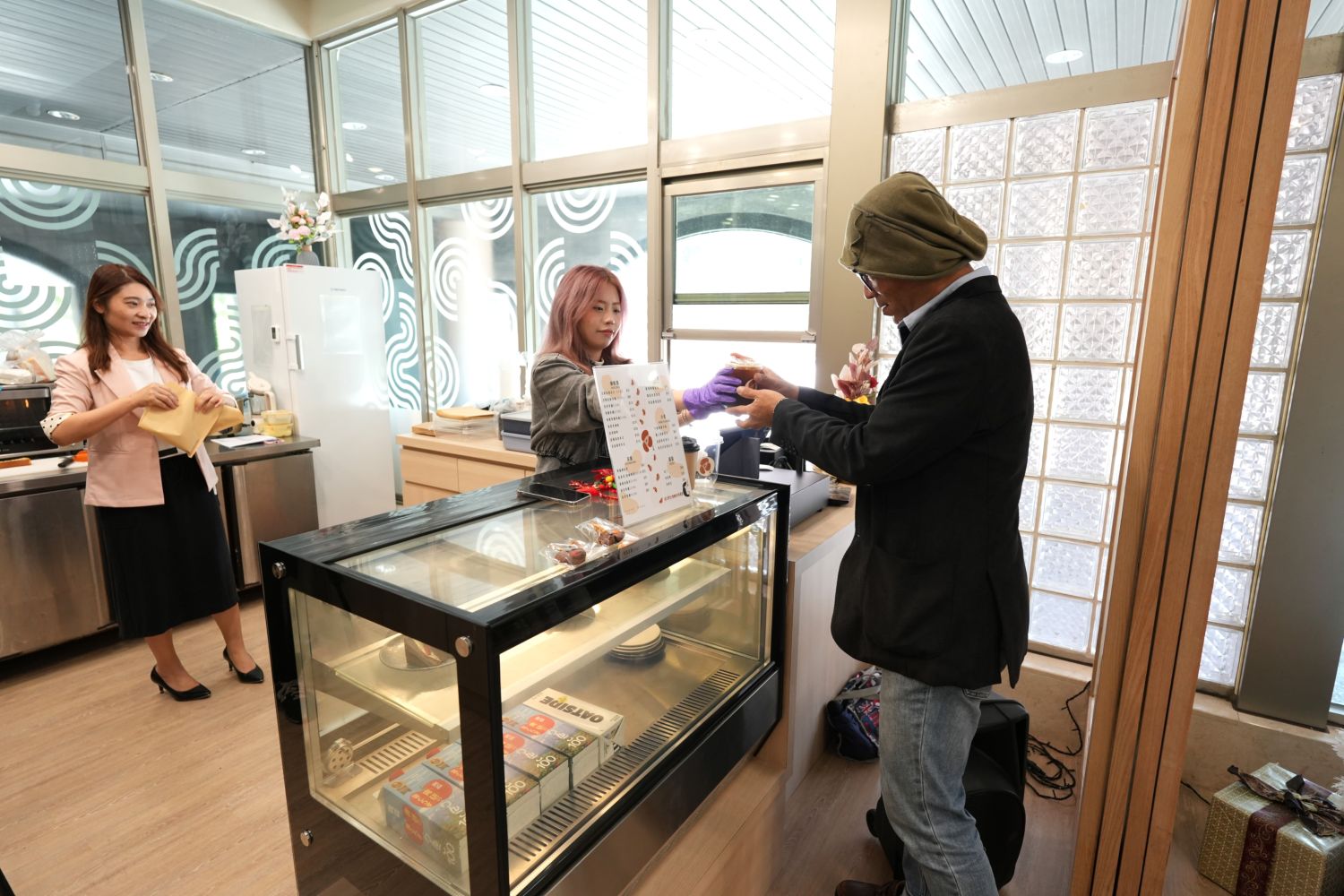The inaugural lecture of NCKU’s “Yan-Gu Lecture Series” debuts: Discussing Urban Publicness from New York Experiences
1.Publicness Has No Fixed Essence: From Class Privilege to Cultural Boundaries
The two speakers first reinterpreted the meaning of “publicness.” Deputy Minister Chien-Hung Tung noted that his experience in New York revealed how “urban publicness and social class are highly overlapping,” cautioning that publicness should not become a privilege for a few. Instead, when the government delineates living spaces, publicness should serve as a “boundary of mutual inclusion and respect.” Architect Chin-Kuang Huang added that publicness must be integrated with “cultural specificity.” He observed that the charm of New York stems from how businesses extend their vision of daily life, shaping environmental details that reflect the diverse ways public spaces can emerge.
2.The Gap Between Systems and Real Society: Trade-offs and Blind Spots in Policy Implementation
Drawing on their public service experience, the two speakers highlighted the challenges of policy implementation. Deputy Minister Chien-Hung Tung pointed out that many public spaces become “privatized” within the system, causing a disconnect between policy and actual practice. For example, during the pandemic, Kaohsiung faced the dilemma of “temporary parking under arcades,” which reflected the government’s need to constantly balance law enforcement with urban economic activity. Architect Chin-Kuang Huang, from the perspective of local governance, noted the “structural blind spots” of public agencies. Using the “Youth Innovation Hub” as an example, he emphasized that such top-down idealistic projects often fail to meet the real needs of young people.
3.Unlocking Urban Behavior: How Design Becomes a Solution for Society
Both speakers agreed that whether it involves policy or spatial design, the core purpose is to “unlock urban behavior.” Deputy Minister Chien-Hung Tung emphasized the influence of design, citing Taiwan’s recent discussions on “pedestrian hells” and the low accessibility of public spaces, urging a structural reflection on “for whom are we actually designing?” Architect Chin-Kuang Huang noted that publicness must be “planned and managed” rather than left to emerge naturally. Drawing on his initiatives in Changhua, such as “Painted Streets” and the “Neighborhood Life Festival,” he illustrated how design actions can make cities more engaging, and stressed that the government should clearly define public value through budget allocation and investment conditions to ensure the sustainability of public spaces.
4.The Public Imagination of Social Housing: From Housing Affordability to Reflections on National Identity
Deputy Minister Chien-Hung Tung emphasized that the core goal of social housing is to “reduce the housing burden for young people and provide support during transitional life stages,” and therefore, there is no need to pursue enclosed public spaces that are disconnected from the urban context. He also mentioned that the government is promoting the “Virtual-to-Actual Floor Reform,” moving toward a system of “actual floor area at actual price.” Architect Chin-Kuang Huang reminded that the design of “shared spaces” in social housing should take into account Taiwanese cultural characteristics and usage habits, avoiding overly idealized planning that could lead to underutilized areas.
Through this in-depth dialogue between the two experts, faculty and students gained a multi-perspective understanding of urban public issues, exemplifying the “cross-domain, cross-generational dialogue” spirit advocated by the Yan-Gu Lecture Series and providing an engaging opening for the series of events.
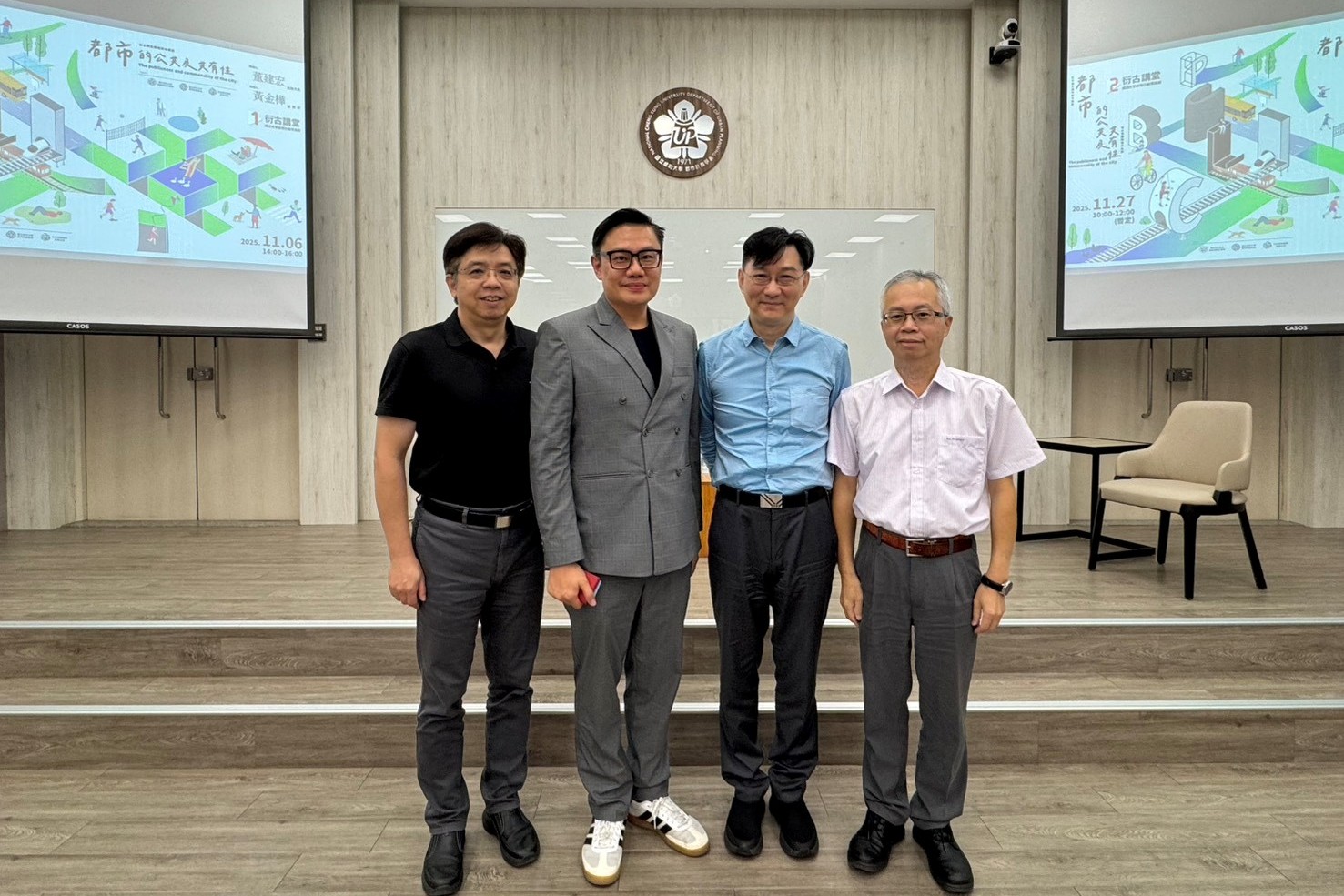
The inaugural session of the “Yan-Gu Lecture Series” annual series was co-hosted by the College of Planning and Design and the Department of Urban Planning at National Cheng Kung University (NCKU), together with Yan-Gu Development Consulting Co., Ltd. (From left: Yi-Ling Gu (古宜靈), General Manager of Yan-Gu Development Consulting Co., Ltd.; Architect Chin-Kuang Huang (黃金樺), former Director of the Youth Affairs Division of Changhua County; Deputy Minister Chien-Hung Tung (董建宏) of the Ministry of the Interior; Tai-Shan Hu (胡太山), Chair of NCKU’s Department of Urban Planning)
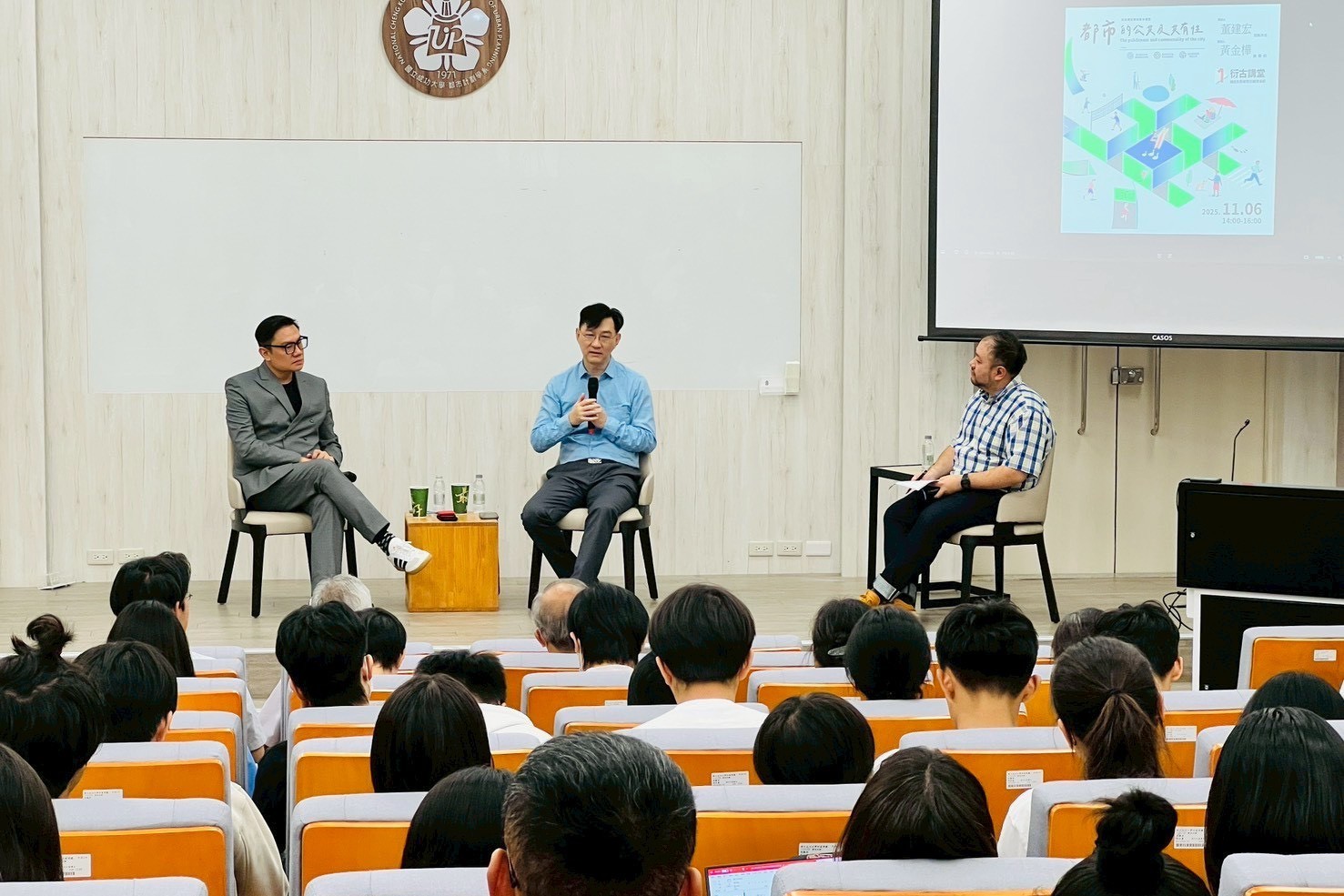
At the inaugural session of the “Yan-Gu Lecture Series” on Urban Publicness and Collectivity, the panelists explored urban spaces and public issues from interdisciplinary perspectives.
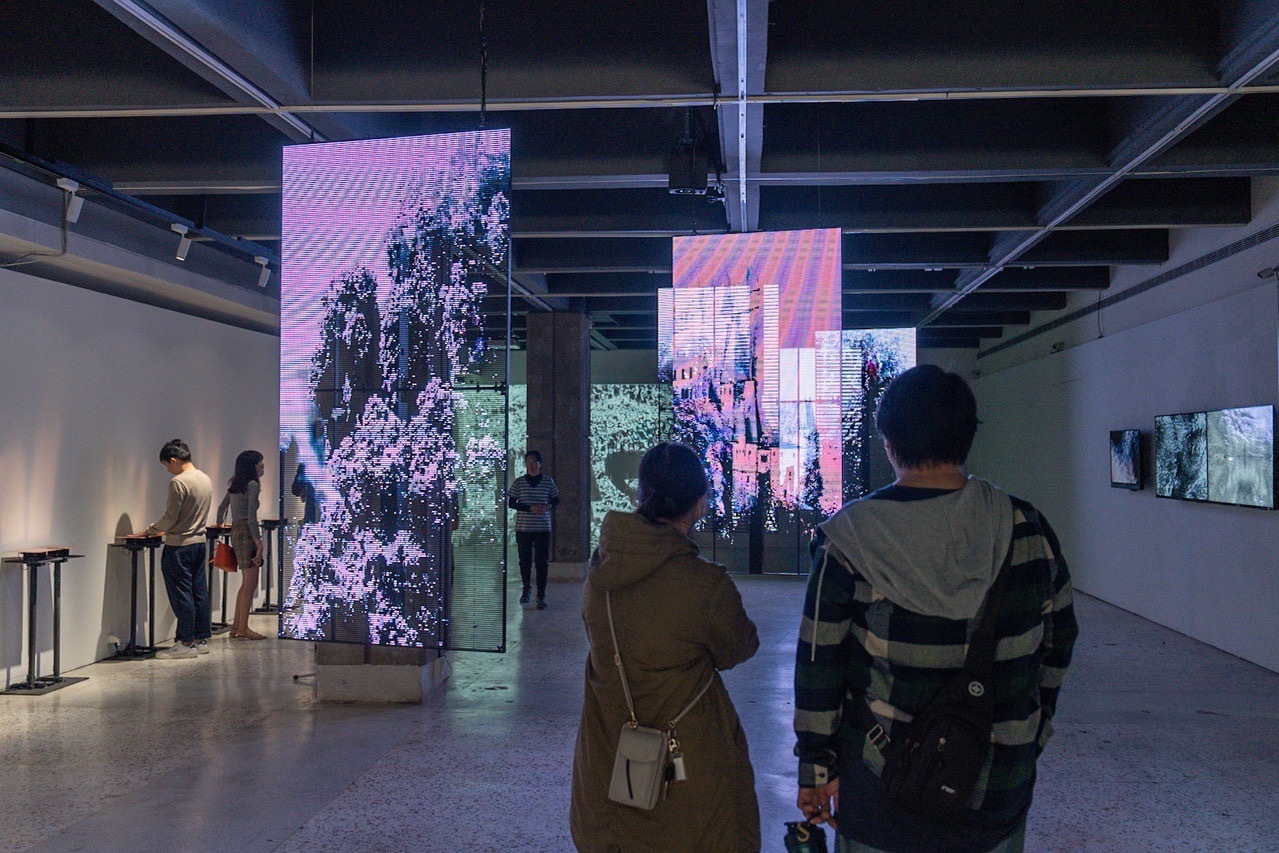
SDG11Bringing the Symphony Orchestra to Campus: Artist Yu-Jung Chen Solo Exhibition "Infinite Whisper" Debuts at NCKU
View more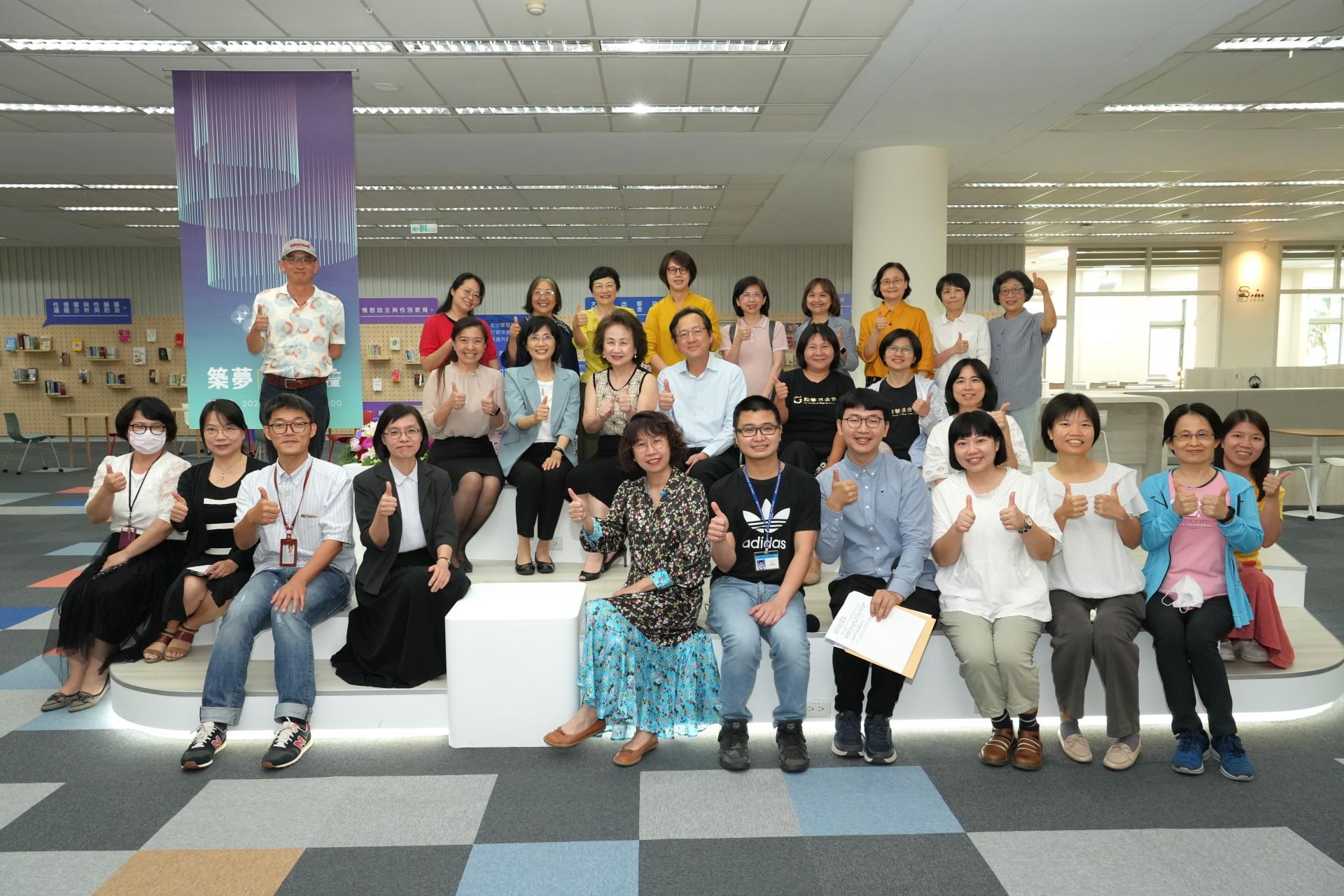
SDG11Dream into Reality, Building Dreams Solidly: Completion and Inauguration of Phase Two Space Transformation at NCKU Library
View more